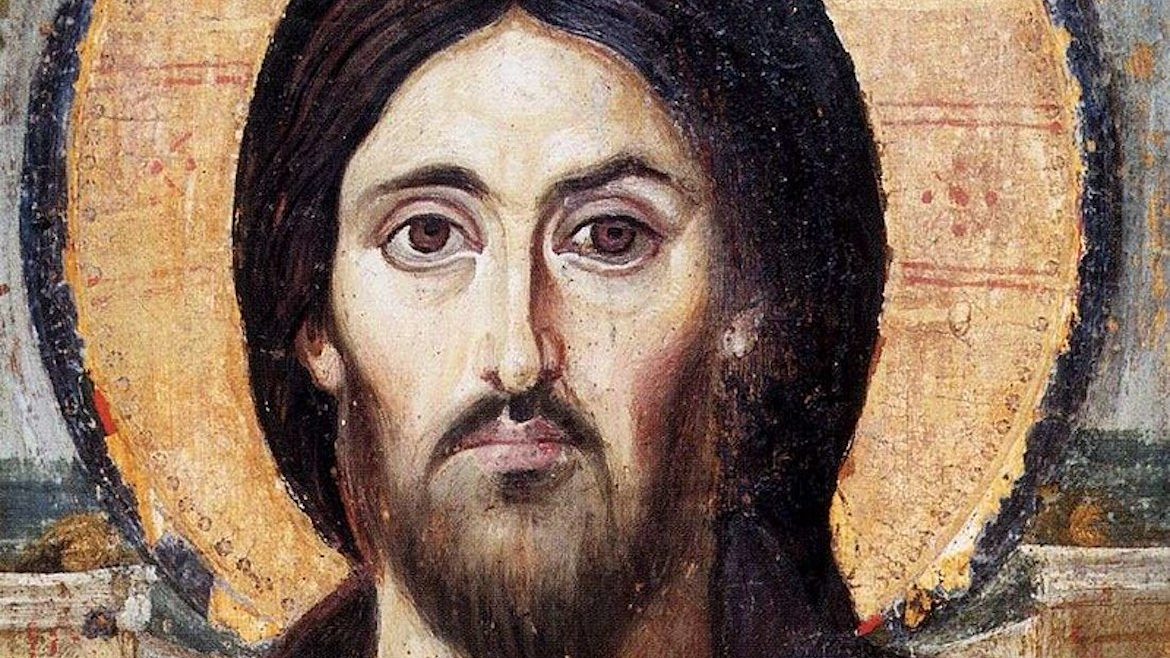Unexpected Grace
26th Sunday of Ordinary Time (B)
In this Sunday’s scripture readings, we find people surprised to find God’s grace where they don’t expect it. Two of the seventy elders chosen to receive a share of Moses’ spirit were absent from the gathering; nevertheless they were found prophesying in the camp. Joshua calls for Moses to stop them, but Moses says, “Are you jealous for my sake? Would that all the people of the Lord were prophets” (Nm 11:29). In the gospel, John reports to Jesus that someone is driving out demons in his name who is not part of their group. Jesus says, “Do not prevent him . . . whoever is not against us is for us” (Mk 9:39-40).
We can often be resistant to God’s grace when we find it active in unexpected ways, in unexpected places, or among unexpected people. There is a saying in the Church, “God instituted the sacraments for our benefit, but he himself is not bound by the sacraments.” The sacraments are a great gift to us, because they provide certain tangible means for us to participate in God’s grace. To neglect them is to neglect the gifts of God. But God himself is free to dispense his grace when and where he pleases.
Thus the Church recognizes the validity of baptisms and marriages among Protestant communities, even if they don’t share in our sacramental theology; and the Church is open to the possibility of salvation even among non-Christians “who, through no fault of their own, do not know the Gospel of Christ or his Church, but who nevertheless seek God with a sincere heart” (CCC 847, quoting Lumen Gentium 16).
This doesn’t mean everyone automatically goes to heaven. The Church clearly teaches that “outside the Church there is no salvation” (CCC 846), that is, there is no salvation apart from Christ who is “the way, the truth, and the life” (Jn 14:6). But we cannot put limits on God’s grace. We know that anyone who is saved is saved by Jesus Christ through the ministry of the Church he established, even if it is in a mysterious and hidden way.
This is why the Church has a missionary mandate that involves repentance from sin. Christ came so that the way to salvation might not remain hidden from us, but that it might be revealed. And that way involves both accepting God’s grace wherever it may be found and rejecting what is contrary to God’s grace wherever it may be found — even (and especially) when we find it in our own hearts.
Thus Christ tells us in the gospel, if your hand causes you to sin, cut it off; if your eye causes you to sin, pluck it out (Mk 9:43, 47). Our Lord is speaking hyperbolically (Jesus doesn’t really want you to maim yourself) to make the point that we cannot tolerate evil within us. Whatever good we may perceive in our sins, it’s not worth the price of heaven.
This week I encourage all of us to be open to finding God’s grace in unexpected places, but also to spend time looking into our own hearts to weed out anything we find there contrary to the gospel. As St. Paul wrote in his first letter to the Thessalonians, “Test everything; retain what is good” (1 Thes 5:21).

